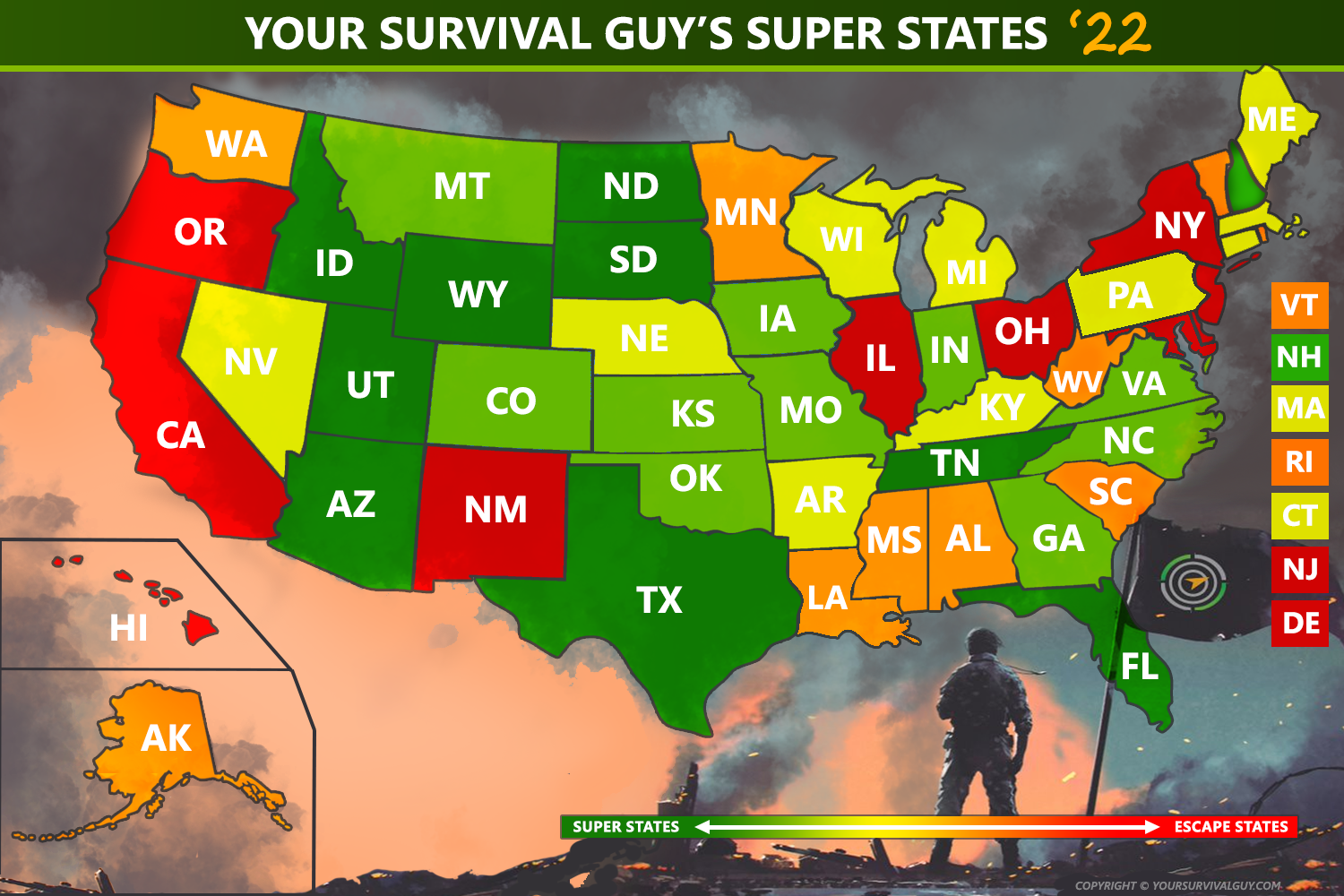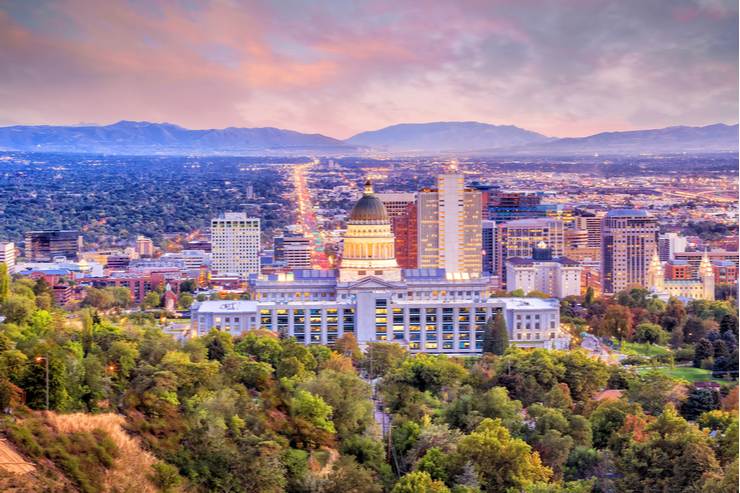
You have decided to escape the city, and now you’re looking for what Laura Forman at The Wall Street Journal calls “location, location, isolation.”
She writes:
Real-estate searches are looking a lot different lately.
For years, home values have been greatly influenced not only by finished square footage and acreage, but also by walk scores and community. The pandemic is turning those factors on their head—at least for now.
Airbnb, for example, is now touting its ability to enable users to work from anywhere, no matter how remote, after years of inviting its guests to “live like a local.” Last week, it even said it would provide its employees with stipends to allow for their own escape from San Francisco, where the company is based.
Airbnb says some of the fastest-growing locations for long-term stays are now Western Maine and Whitefish, Mont.—a town with less than 8,000 residents, according to 2018 U.S. Census data. Meanwhile, a recent Zillow survey found remote workers could be compelled to move if a home offered them things like dedicated office space or a less dense area with fewer neighbors. Zillow’s data shows home values have held up better in suburban than urban areas in recent months.
Those who paid up before the pandemic to live within walking distance of society are bitter at best. One New York dweller paying a premium to live near theaters, bars and restaurants suggested her rent be adjusted down to reflect the fact that everything has closed. For her neighborhood amenities now, she tweeted, “I will gladly pay…a hundred bucks a month.”
If you’re choosing where to retire, leaving the city can be a good choice. You could live like a billionaire if you choose the right place.
Action plan: Run a quick self-evaluation. How happy are you where you live, and if you aren’t where would you rather be? If you’re considering a move, or have already moved, let me know by emailing me at ejsmith@yoursurvivalguy.com.



